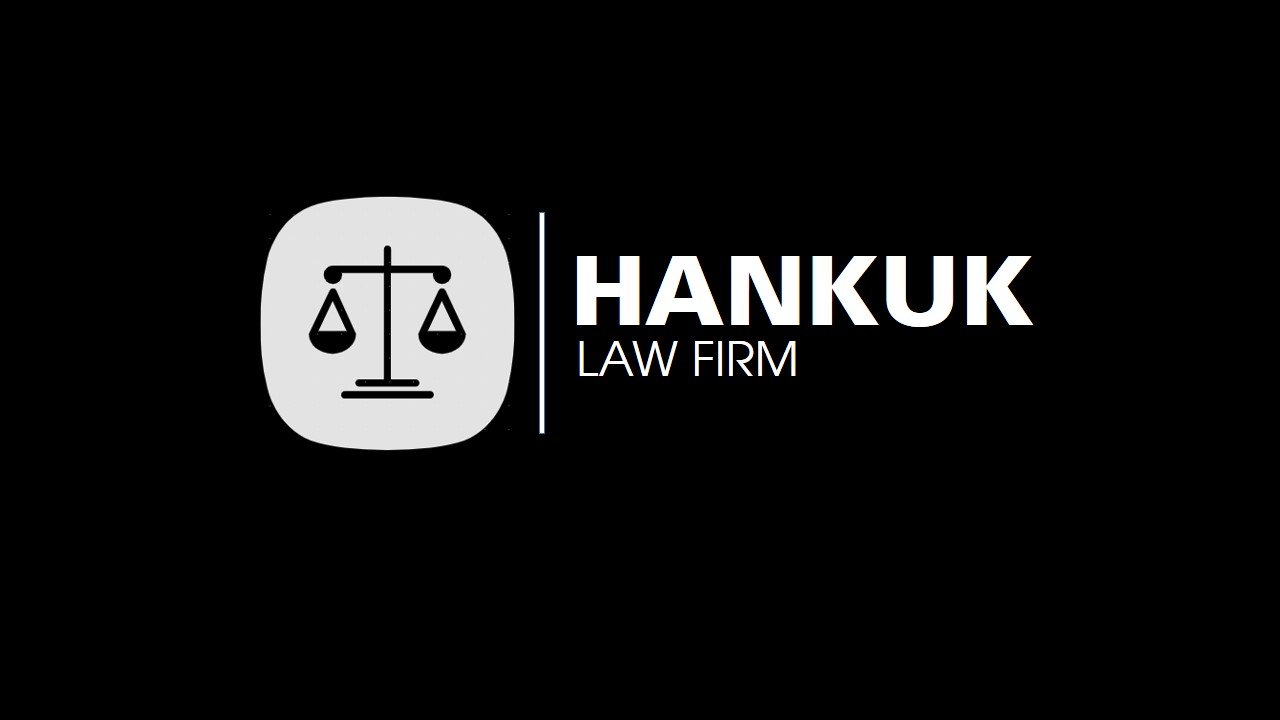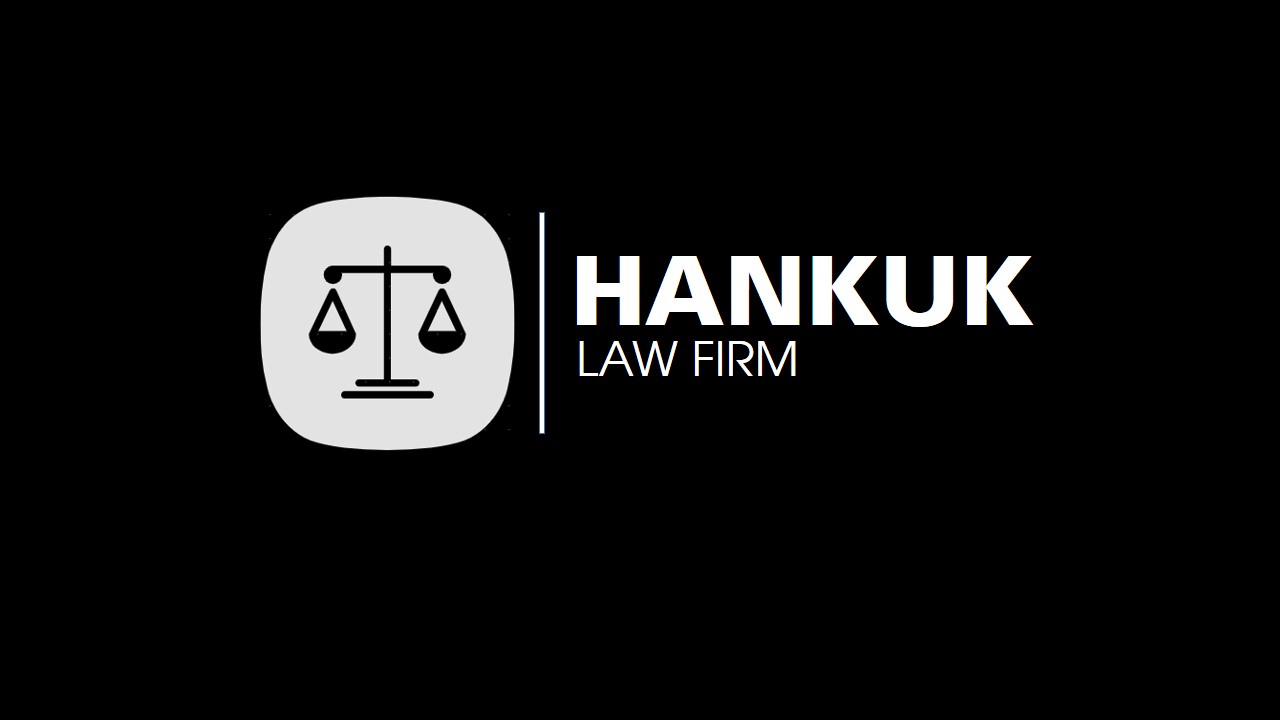PRINCIPLES OF COMPENSATION FOR DAMAGE
Contents
I. ACTUAL DAMAGE MUST BE COMPENSATED IN FULL AND PROMPTLY
Unless otherwise provided by law, parties may agree on the amount of compensation; on the form of compensation, which may be money, in kind or the performance of an act; lump sum payment or payment in instalments; and on the method of compensation.
- Upon settling disputes over compensation for extra-contractual damage, the principles for damage compensation provided for in the Civil Code should be strictly observed. The agreements reached between the parties on the compensation levels, forms and modes should be respected if such agreements do not run counter to law and social ethics.
- Damage must be fully compensated for, meaning that when there is a claim for compensation for damage caused by infringement upon property, health, life, honor, dignity and/or prestige, it should be based on the relevant provisions of the Civil Code in such specific cases that the damage covers which items and the levels of damage caused, the extent of fault of the parties in order to compel the damage causers to compensate for such corresponding damage amounts.
- In order to have damage compensated in time, the court shall quickly handle the claims for damage compensation within the time limit prescribed by law. In case of necessity, one or a number of provisional emergency measures can be applied under the provisions of the procedural law in order to settle urgent claims of the involved parties.
II. The compensation payable by a person having caused damage may be reduced if such damage was caused unintentionally and is very large in comparison to the financial positions of such person.
The damage causers can enjoy lower compensation levels only when they fully meet the two following conditions:
- The damage is caused due to their unintentional faults;
- The caused damage is too great for their immediate and long-term economic capabilities, which means the caused damage for which they have to compensate but cannot pay full or large compensation for such damage due to their immediate and long-term economic circumstances.
III. If the amount of compensation determined becomes unrealistic, the aggrieved person, or the person having caused damage, has the right to request a court or another competent authority to change the amount of compensation.
The compensation levels are no longer suitable to reality, which means that due to changes in the economic and social situation, price fluctuation, the current compensation levels are no longer suitable or due to changes in the casualty status and/or working capacity of the victims, the compensation levels are no longer suitable, or due to changes in the economic capabilities of the damage causers, etc
IV. If the aggrieved party is partly his/her fault for causing the damage, that part of damage shall not be compensated.
V. The party having rights and interests infringed shall not be compensated if such damage incurs due to his/her failure to adopt necessary measures to prevent the damage.
About Us, Hankuk Law Firm

■ Hankuk Law Firm – Introduction
The goal of the legal services provided by HANKUK LAW FIRM is to support businesses, investors, and people. Our organization employs skilled Korean lawyers, partners, and professionals to provide legal services to businesses related to corporations and litigation.
To support the startup process, our lawyers and staff provide a wide range of services, including business law consulting, tax and immigration law consulting, real estate services, business consulting, marketing and communications, human resources, product distribution, franchise options, etc. We provide expert advice on every aspect of your business needs.
To protect the legitimate rights and interests of our clients and achieve the best results, we provide legal advice and participate in civil lawsuits related to business, labor, marriage, family, and inheritance.
■ Contact us now

For reliable and effective legal advice, please contact HANKUK LAW FIRM now. We are committed to providing you with the best possible answers and our team of experienced lawyers has extensive knowledge in many legal fields. We are always here to provide the most competent and dedicated support, whether you are dealing with contractual issues, commercial disputes or need guidance on foreign investment. HANKUK LAW FIRM is honored to have assisted hundreds of domestic and international clients in skillfully resolving complex legal issues as their trusted legal partner. Do not let legal issues hinder your success. Let us accompany you towards legal achievement and comfort. For prompt guidance and support to ensure your rights are always maintained at the highest standards, contact HANKUK LAW FIRM now.
■ Contact Hankuk Law Firm:
| Website: http://hankuklawfirm.com/en/
FB: https://www.facebook.com/hankuk.lawfirm Tiktok: https://www.tiktok.com/@hankuklawfirm Youtube: https://www.youtube.com/@hankuklawfirm6375 Email: info@hankuklawfirm.com SĐT: 0942.339.063 |
 |

